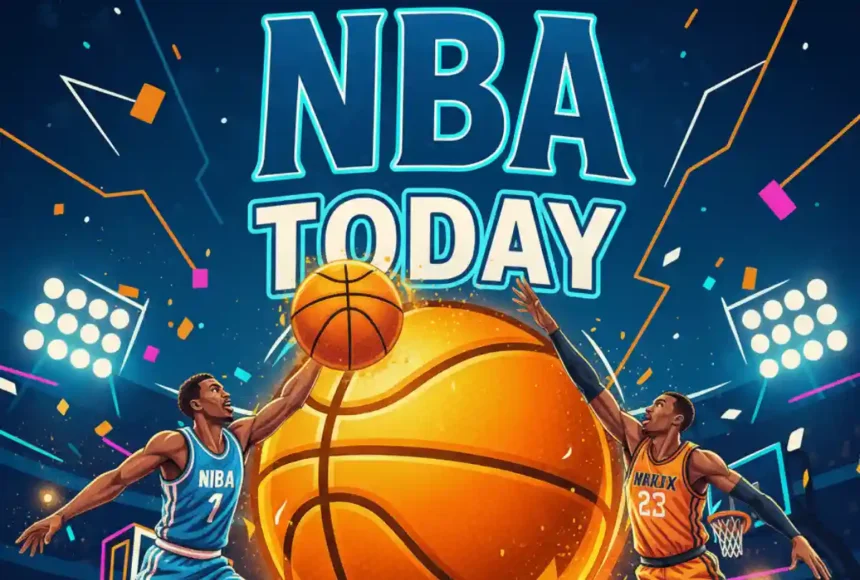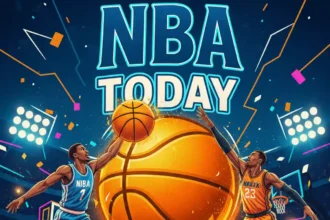The recent comments made by Los Angeles Lakers’ Guard Patrick Beverley regarding the treatment of teammate Russell Westbrook have ignited discussions within the NBA community. Beverley’s outspoken nature has brought attention to the dynamics within the Lakers’ organization, highlighting the importance of supporting and empowering high-profile players like Westbrook. As the controversy continues to unfold, it offers a deeper look into the complexities of player relationships and team dynamics in professional basketball.
Delving into Player Empowerment
The NBA landscape is no stranger to player empowerment, with athletes increasingly vocal about their roles and treatment within their respective teams. In Beverley’s case, his critique of the Lakers’ handling of Westbrook raises broader questions about how organizations navigate the delicate balance of catering to star players while maintaining team cohesion. As players like Westbrook command significant attention both on and off the court, their satisfaction and integration within the team become crucial factors in overall success.
The Balancing Act of Team Dynamics
Professional sports teams often walk a fine line when managing star players, as individual talents must align with collective goals for optimal performance. Beverley’s emphasis on the importance of supporting teammates underscores the interconnected nature of team dynamics in achieving on-court success. The Lakers, a franchise with a rich history and a roster of high-profile players, face the ongoing challenge of fostering unity while accommodating the needs of their star-studded lineup.
Industry Perspectives and Reactions
In the highly competitive realm of the NBA, player relationships and organizational culture play pivotal roles in shaping team dynamics. Beverley’s critique has not only sparked conversations about the Lakers’ approach to player management but also shed light on broader industry practices. As teams strive to create environments where players feel valued and empowered, the spotlight on the Lakers serves as a reminder of the intricate dance between individual player needs and collective team goals.
The Ripple Effects of Player Critiques
While Beverley’s comments may have been directed at the Lakers specifically, their implications extend beyond just one team. Player critiques of organizational strategies and coaching decisions can have reverberating effects throughout the league, influencing how teams approach player development and team chemistry. As the NBA continues to evolve in an era of heightened player agency, the ability to navigate and respond to such critiques becomes a critical skill for organizations aiming to stay competitive in a rapidly changing landscape.
FAQ
Q: How do player critiques like Beverley’s impact team dynamics in the NBA?
A: Player critiques can shine a light on underlying issues within teams, prompting reflection on how player empowerment and team dynamics intersect to shape on-court performance.
Q: What role does communication play in managing player relationships in professional basketball?
A: Effective communication is key in fostering trust and understanding between players, coaches, and management, laying the groundwork for positive team dynamics and collaboration.
Q: How do NBA organizations balance the needs of star players with the overall team dynamic?
A: NBA organizations must strike a delicate balance between catering to the individual needs of star players while fostering a cohesive team culture that prioritizes collective success over individual achievements.






